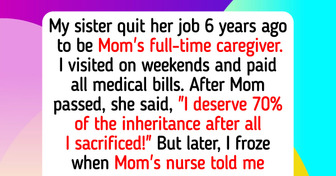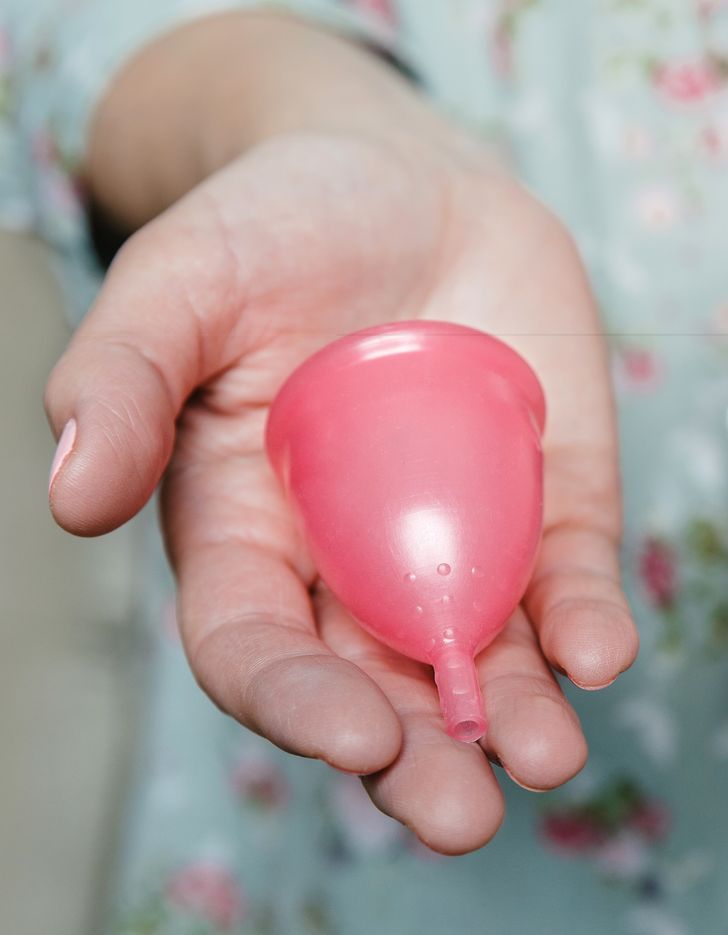Saving water, less buys, less food waste... Living in an RV with my boyfriend for 2 months last summer taught me so many great things and I'm truly grateful for that :)
I’ve Been Trying to Not Harm the Environment for 5 Years, and I Want to Talk Honestly About the Pros and Cons of My Choice
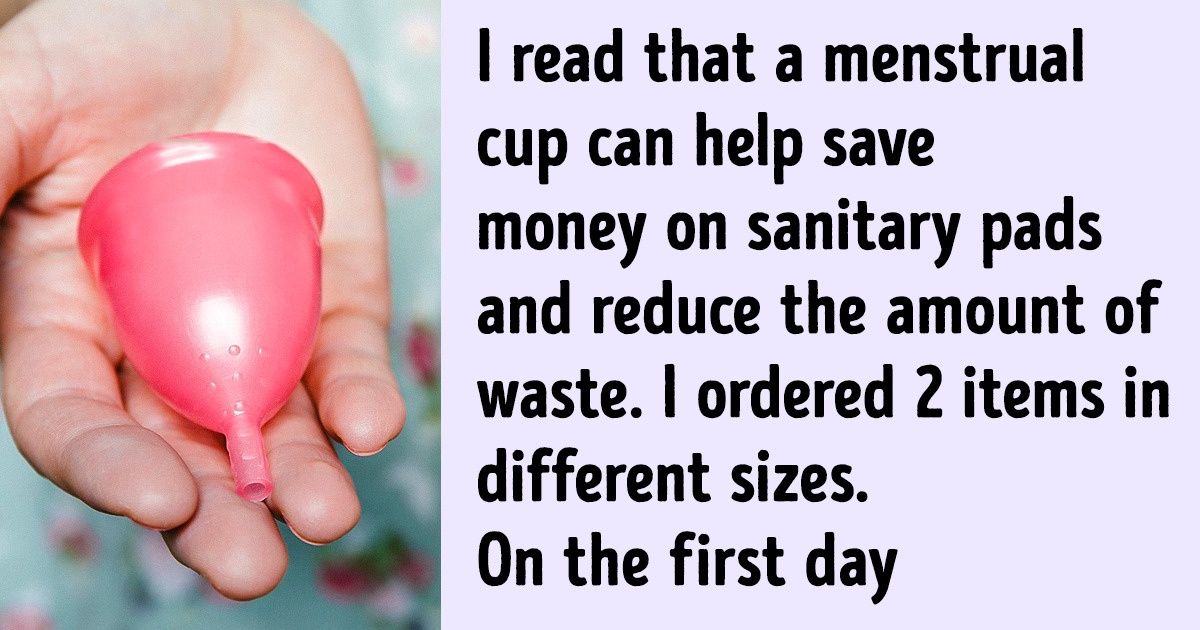
Hello! My name is Mila. 5 years ago, I started traveling a lot, and one of the first countries I went to was Germany. I was surprised to see how locals care about ecology — they sort waste, install solar panels on the roofs of their houses, take bottles to the reverse vending machines, and refuse to use plastic bags. I was inspired by their example and decided to also help nature and reduce the amount of waste on the planet.
For Bright Side readers, I compiled a list of environmentally-friendly habits which I tried to implement into my own life, and I honestly shared which of them were easy for me, and which ones brought me some difficulties.
Most eco-tips turned out to be easily applicable in life.
Almost straight away, I started to:
- Take canvas shopping bags to the supermarket. However, even people who don’t really think about ecology do this. These thick bags are sold in every large supermarket. It’s convenient to carry groceries in them and they help you save some money at grocery stores that charge you for plastic bags.
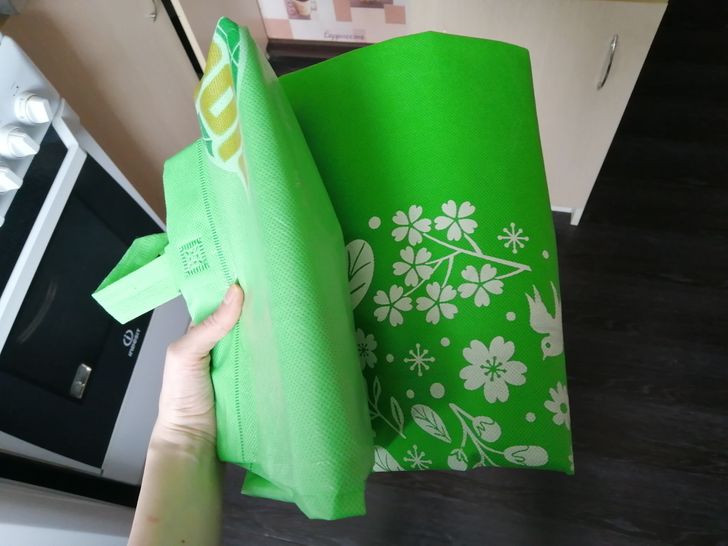
- Use a refillable water bottle. I go to the gym 3 times a week, and I used to buy a bottle of water at the supermarket every time. After sticking to an environmentally-friendly lifestyle, I ordered a refillable water bottle online, and started taking it with me everywhere — to the gym, on walks, to the university, and to my trips. Just like a canvas bag, it helps save some money.
-
Use fabric bags instead of plastic bags. If you try to figure out where most of the plastic waste in your house comes from, it’ll become obvious that it’s all packaging and plastic bags. To stop using them, I ordered reusable bags online and started to use them when buying fruits and vegetables, which I used to put in plastic bags. At first, the cashiers were surprised when they saw these bags. But then it became a trend, and now, reusable bags are sold in every large store.
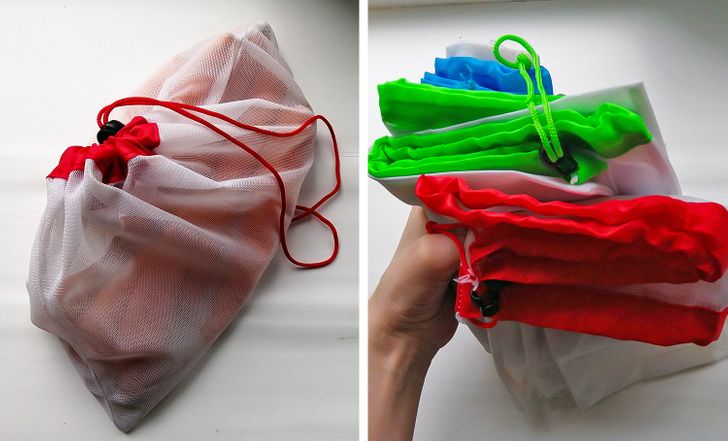
- Recycle old clothes and batteries. I take clothes I don’t need anymore, and home textiles, to the recycling collection point in my city, and bring the batteries to household appliance stores. Almost each of them has a box where you can put the batteries.
- Find good hands for things you don’t need anymore. Many things become unnecessary while they’re still in good condition. In this case, I go to the local online forum or other online sources and place an ad in the “Give away for free” section. People who’d like to have this thing are usually found within a day, and they come to collect it themselves. Everyone wins — less waste ends up in the environment, I get rid of the things I don’t need anymore, and someone gets necessary things for free and saves money.
- Buy local food products. Milk that was produced hundreds of miles away from me, leaves a greater ecological footprint than the one that I buy from a local factory. A lot of resources, primarily fuel, are spent on the delivery of products from distant regions. And if milk is produced in my area, it’ll go to the nearest store in order to leave a minimal eco-footprint. So try to buy most of your products from local manufacturers.
- Use rechargeable batteries. At some point, I get tired of taking my batteries to be recycled. Then, I did some research and found out that reusable batteries exist. I bought a set that contained a charger, 2 AA batteries and 2 AAA batteries in a supermarket. As a result, in the last couple of years, I’ve forgotten about buying disposable batteries.
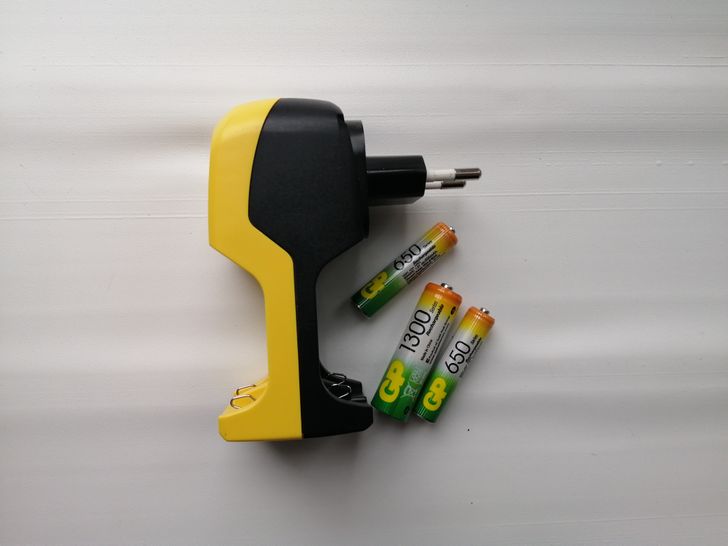
- Sort waste. At first, sorting the waste was the hardest thing to do because there were no such services in my area. Then the occasional stations, where you could bring certain types of plastic, started to appear. But they were located in the suburbs, and it wasn’t convenient to go there. However, 2-3 years ago, another garbage container was placed near my house along with ordinary ones. You can bring paper, cardboard, glass, and plastic bottles there. So I got another trash can where I store recyclable waste, and then I take it to the special container.
- Read e-books instead of paper ones. This is, probably, the easiest eco-initiative! In addition to saving resources, it has many other advantages. I spend less on electronic books, I can drag my library everywhere and not overstrain, and I also can take notes and highlight interesting points right on the pages, without a fear of ruining the paper.
- Stop using drinking straws. It’s as easy as stopping to use paper books. I didn’t see the big difference between drinking a drink through a straw or just from a glass. And if there’s no difference, why should we produce waste for no reason?
- Stop using household chemicals with aggressive ingredients. I read on the internet that aggressive surfactants and microparticles pollute water. Then I tried to replace all of my cleaning products with ordinary household soap, which was used by our grandmothers. Surprisingly, for 5 years, I haven’t faced a single impurity that it has failed to deal with.
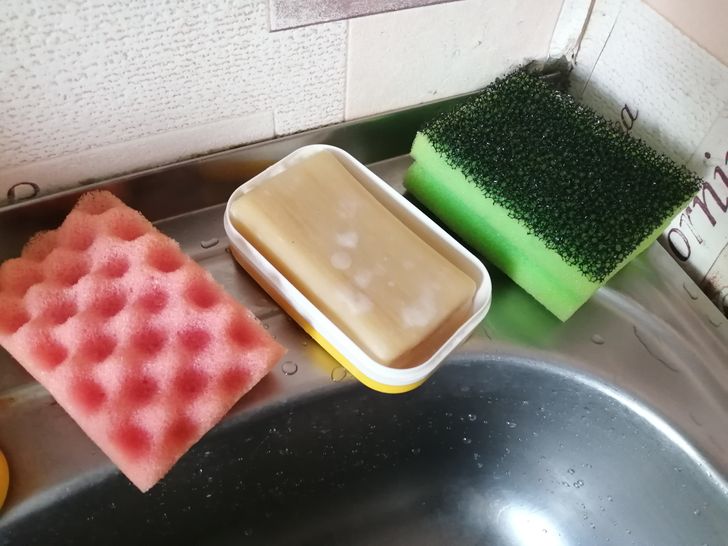
- Reduce electricity consumption. To do this, I taught myself to turn off the lights as soon as I leave the room, and only charge my devices during the day. If you do this at night, the phone will be fully charged in a couple of hours, and the rest of the time, the charger will harm the battery. As a result, you will have to replace it more frequently. A lot of resources will be spent on the disposal of a damaged battery and the production of a new one, so it’s better to just save the one that is already there.
-
Buy Q-Tips on a wooden base instead of a plastic one. In supermarkets, I saw Q-Tips that only had plastic bases, so I began to order my own on the internet. I buy a year’s supply in advance. So it turns out cheaper and more convenient.
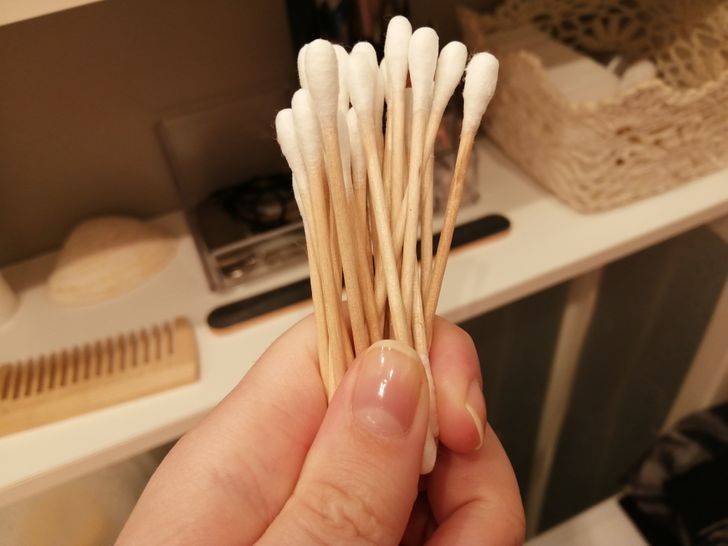
At the same time, many initiatives ended in failure.
I failed to:
- Buy goods by weight. Most of the products turned out to be poor quality: bulk rice and peas were chopped up, bulk buckwheat had the remains of the husk, bulk pasta was expired and became sticky when cooked. The only things that I liked buying by weight were dried fruits, raisins, and rose hips for stewed fruit. I try to buy the rest of the products in paper packaging or in a batch of around 11 lbs.
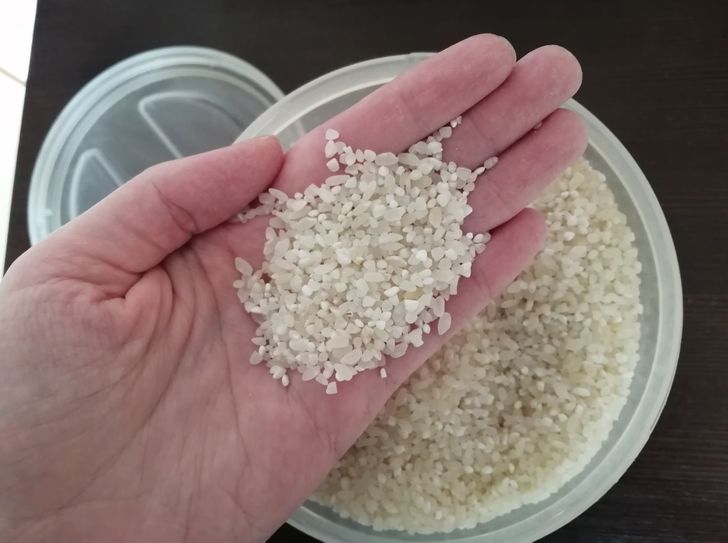
- Become a vegetarian. Livestock is regularly accused of having a detrimental effect on the environment and on the production of greenhouse gases. At some point, I thought about this problem and tried to give up meat. I failed. I couldn’t change habits that have been with me for more than 20 years. In addition, my body wasn’t ready for a sharp increase in the amount of fiber, and it began to rebel. As a result, I remained a meat-eater. The maximum effect I’ve been able to achieve is to reduce my consumption of red meat to one time per week and opt for fish, chicken, and turkey.
- Buy less. Before I turned to an environmentally-friendly lifestyle, I had no idea that I was such a shopaholic. It turned out that buying small cute things for the house, new clothes, makeup products, or trinkets is my usual way of pleasing myself. Methods like, “postpone your purchase for a week and calmly think about it” work from time to time, and I still give away a lot of things I don’t need anymore, on the internet every year.
- People with dry or normal skin are likely to be able to use natural beauty products, because there are a lot of good moisturizers produced by eco-cosmetic brands. But I wasn’t that lucky — I have oily and problem skin. And only pharmacy cosmetic products help me control the situation somehow. Natural products only clog my pores because of the oils and cause irritation due to the huge amount of plant extracts. Another point is sunscreens. I heard that octocrylene and other filters pollute the water, but we haven’t come up with a different way to protect ourselves from burns on the beach yet.
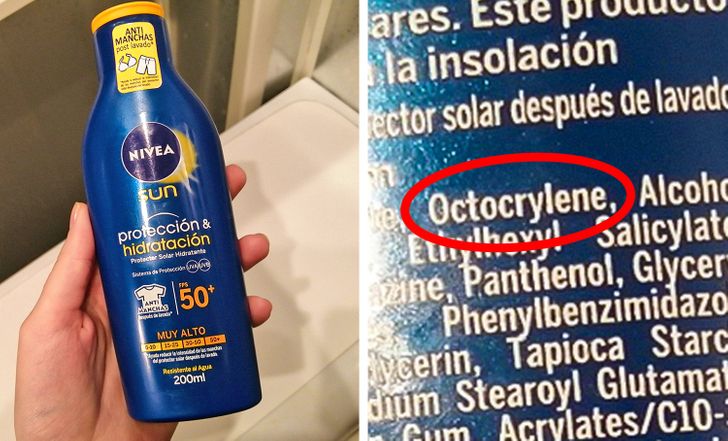
- Save water. I haven’t moved further than turning the water off while I’m brushing my teeth. I also tried to limit the time I spend in the shower to 5-10 minutes, but I realized that you have to show the highest level of awareness and control every movement in order to clean yourself really quickly. Well, I just can’t.
-
Buy used clothing and shoes. I couldn’t overcome my own squeamishness when buying clothes from other people or at second-hand stores. Second-hand stores carry out a thorough disinfection, but it’s the chemical smell of the goods that discourages any desire I have to go to the fitting room and try them on.
-
Use eco-friendly sponges. Together with wooden cotton buds and bags for vegetables, I ordered eco-friendly sponges on the internet. Basically, they’re made from rubber or fabric. These sponges don’t form a foam well, and the washing process itself takes a lot of time. As a result, I again returned to the foam rubber, and I don’t see any worthy alternative.
- Stop using garbage bags. As a child, I had a lot of free time and I didn’t mind responding to my mother’s request to take the garbage out. Now, I can’t afford these walks or having to rinse the bucket from food waste afterward. It’s much easier to quickly throw out the trash in a bag on the way to the gym or a store. A compromise was only figured out in the form of biodegradable bags.
- Using a menstrual cup instead of sanitary pads. I read that a menstrual cup can help save money on sanitary pads and reduce the amount of waste. I ordered 2 items in different sizes. On the first day, it leaked. In the following months, I discovered that fixing it inside is a whole ritual. No matter how I placed the cup, it still slipped and leaked. I had to go back to my usual sanitary pads.
I plan to continue to follow my environmentally-friendly habits and adopt new ones.
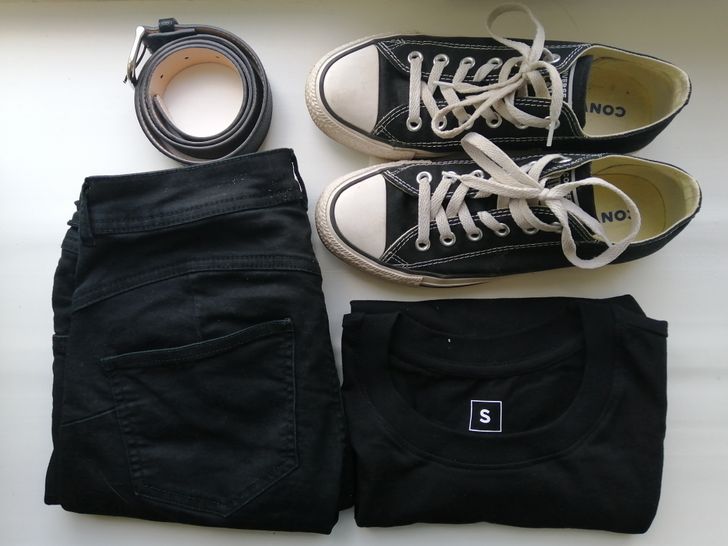
Now, my main focus is on reducing consumption. Despite the setbacks in reducing the number of purchases, I believe that this is the main thing to strive for in an environmentally-friendly lifestyle.
When it comes to this matter, I try to proceed gradually and not immediately limit myself to everything. Just as diets sooner or later lead to overeating, stringent restrictions on purchases end in disruption. Therefore, I started with the main expenditures — clothes and shoes.
I resorted to a trendy way to solve this problem and created a capsule wardrobe. Now, in my closet, there are about 40 items of clothing and shoes, for all seasons, that can be freely combined with each other. Additionally, I almost completely stopped wearing white clothes, which become dirty and get thrown away quicker. Now, almost all the things in my wardrobe are black, but they are easily combined with each other, and the outfits look stylish without much effort.
I created and purchased the capsule wardrobe 6 months ago. In the next couple of years, I won’t have to add anything new there, except for basic T-shirts, when my old ones get worn out.
Which habits could you incorporate into your life, and which ones would you not agree to adopt at any price?
Comments
It's all a matter of habit after all, isn't it? I mean we truly do not need to do most of the things we do, like wasting so much water, using plastic bags etc.. It's just a matter of education.
It is also important to note that once we teach others to go eco- friendly we need to practice them ourselves .
Another important quote by Gandhi - There os enough for every man's need not for his greed.
Good that we have these kinds of people in the world, I also try not to harm the environment but this guy takes it a step further!
That honestly sounds like a lot of work.. but I guess its for a good cause right ?
Related Reads
12 Unexpected Signs of a Toxic Partner That One Ought to Run Away From as Fast as Possible
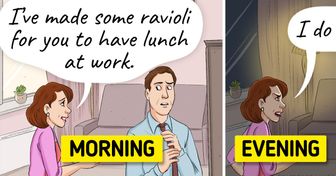
I Chose My Sick Son Over a Client Meeting—Now I’m Under Review

16 Times Roommate Situations Took an Unexpected Turn

I Refuse to Leave an Inheritance to Children Who Treated Me Like a Cash Cow—So I Made One Final Decision
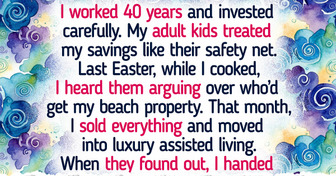
I Refuse to Let My Entitled Daughter Steal the Life I’ve Been Saving For
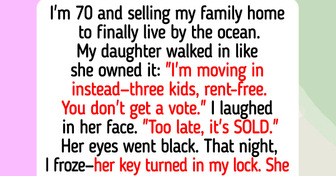
15 People Who Turned an Ordinary Day Into a Movie Without a Script

I Refused to Pay for Our Valentine’s Dinner—Then I Learned the Heartbreaking Truth

I Refuse to Name My Baby After My Mother-in-Law, She Crossed a Line

I Refuse to Support My SAHM Wife After Discovering Her Secret
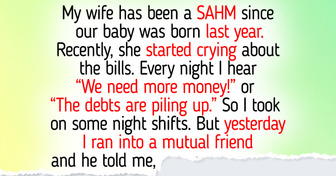
I Started Leaving at 5 PM Sharp, Now My Boss Questions My Dedication
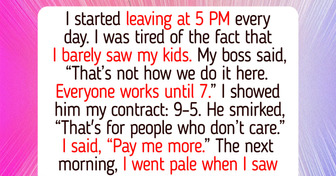
My Brother Has No Kids but Refuses to Share His Inheritance With Mine—I’m Furious
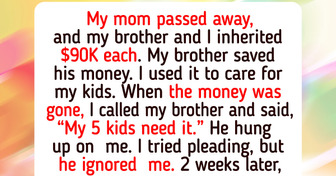
My Sister Quit Her Job to Care for Our Sick Mom, Now She Wants More Inheritance
